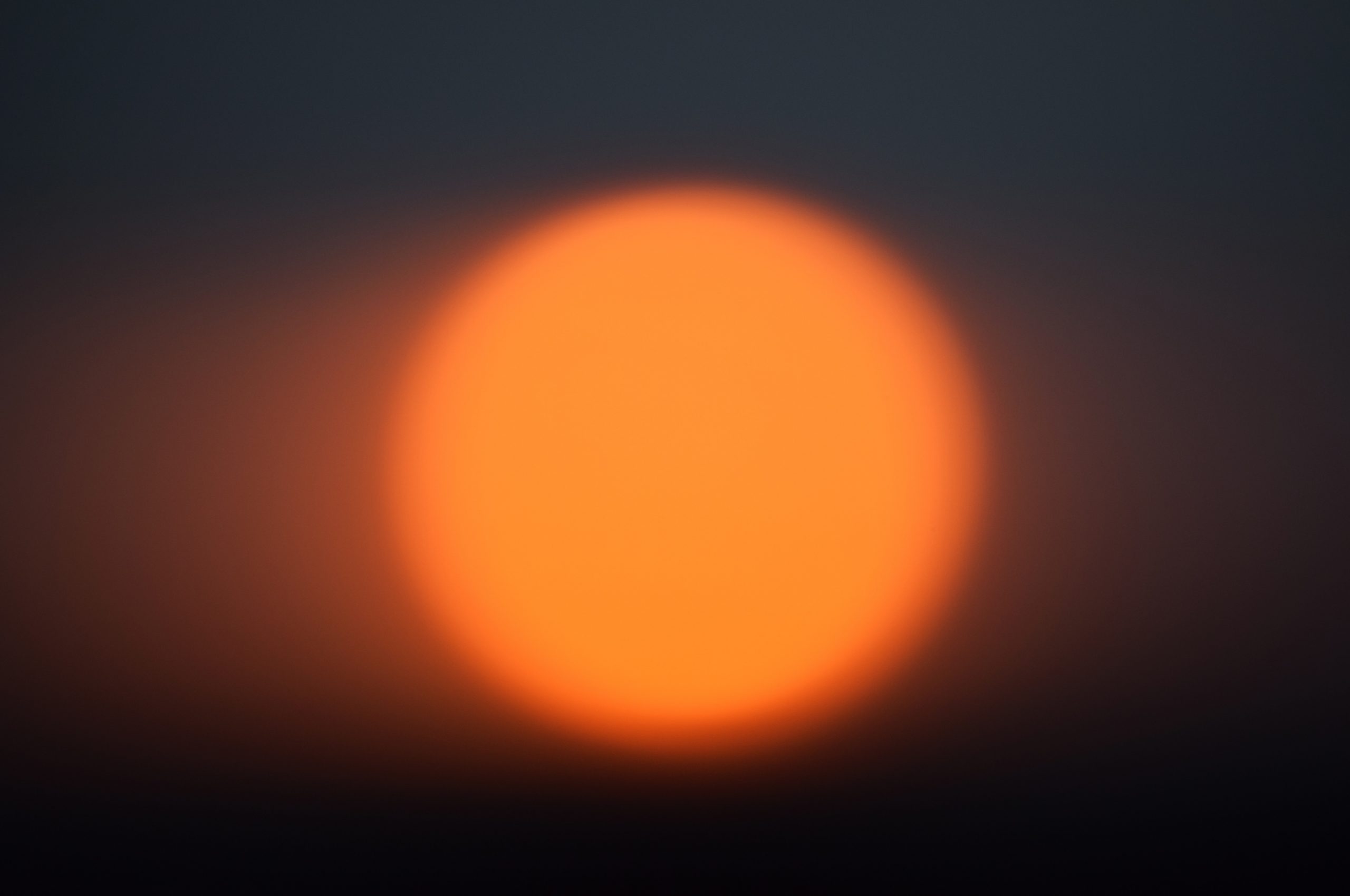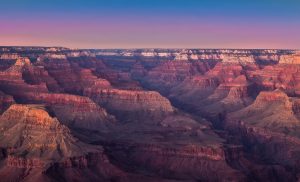W
Who owns the sun? What does it mean to be ‘owned’ by the sun? Is there any legal way to prevent someone else from taking over your property? Is there any way to stop someone else from taking over your mind?
provides a unique window on the lives of ordinary people around the world. The book is beautifully illustrated, written by a young author, and contains stories both familiar and new to every reader. The concept of ‘the little dragon’ is constantly being re-emphasized in this book, and throughout the story, dragons are described with diverse personalities and different abilities. The varied personalities of the book’s characters will make it an excellent choice for groups of all ages.
is highly stimulating and challenging for young writers. The simple yet strong messages in this book are powerful vehicles for social discussion and development. This book can be highly instructive for pre-K through 12th grade reading, as well as for students who are considering starting a pre-K or kindergarten program.
is highly stimulating and challenging for young writers. The simple yet strong messages in this book are powerful vehicles for social discussion and development. This book can be highly instructive for pre-K through 12th grade reading, as well as for students who are considering starting a pre-K or kindergarten program.
is highly stimulating and challenging for young writers. The simple yet strong messages in this book are powerful vehicles for social discussion and development. This book can be highly instructive for pre-K through 12th grade reading, as well as for students who are considering starting a pre-K or kindergarten program.
“He doesn’t own the sun. It is in the trust of the public. The Sun Trustees don’t own the sun. It is in the trust of the people.”
“I’m sorry, but the public trust is broken,” he told me. “There is evidence of corruption in the appointment of Trustees, but the public doesn’t have to trust the people to run the trust. They can leave at any time and the people can keep running the trust.”
This is not the first time that Schweizer’s character has been used to discredit the concept of a “public” and a “private” part of a corporation. In fact, Schweizer’s character, Max Fleishman, has repeatedly stated that he does not believe in the “public” or the “private” parts of a corporation. For example, in the 1995 movie “The Corporation,” Fleishman plays a stockbroker who is vehemently opposed to the introduction of publicly traded companies into the market because of the potential for monopoly power exercised by the company.
In 2005, Fleishman announced that he was ceasing to pursue a career in film and television production. “I’ve decided,” he told the New York Times, “to give up the ghost.
Who owns the sun? Is it really me or does it really belong to the sun?” I’ve always wondered. I read somewhere that those who own the sun are in fact actually the sun itself.





